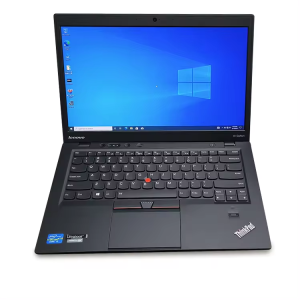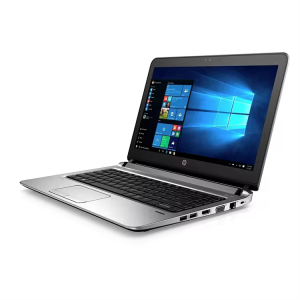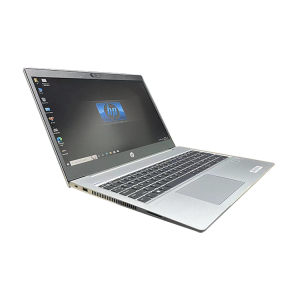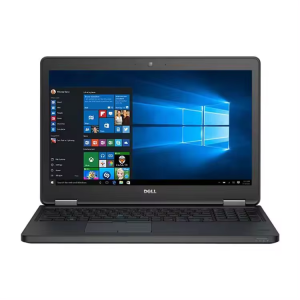What Are The Reasons For Slow Laptop Speeds?
Why is the laptop running slow? What are the reasons for slow laptop speed? Why does a laptop slow down? How to solve the problem of slow laptop speed? What factors affect computer speed?
Common Reasons For Slow Laptop Speed
- Insufficient RAM: Insufficient memory on a laptop can cause it to slow down when running multiple applications simultaneously or using video editing software tools.
- Fragmented Hard Drive: After prolonged use, files on the hard drive of a laptop can become fragmented, meaning the information stored on the hard drive exists in fragmented pieces. This fragmentation can reduce read and write speeds because the system requires more time to access and process data.
- Aging Hardware: Older hardware components, such as the processor and graphics card, may not meet the requirements of larger software applications, leading to overall performance degradation, especially when using large applications.
- Overheating Computer: Laptops generate heat during operation, and excessive temperatures can cause the CPU (central processing unit) to throttle down to prevent damage, thereby slowing down the computer’s performance.
- Excessive Background Processes: Background processes and automatically starting applications consume system resources, including CPU and memory. Running too many of these simultaneously can decrease the performance of a laptop, leading to lagging and sluggishness.
- Malware And Viruses: Malware can infect your laptop and cause various performance issues, including slowing down its speed. Malicious software like viruses can affect background processes, steal system resources, and even encrypt files, thereby further impacting overall performance.
- Operating System Issues: An outdated or damaged operating system (OS) can lead to performance degradation. An outdated OS may have software vulnerabilities and compatibility issues with hardware or applications, as well as incorrect system settings, all of which can slow down the speed of a laptop.
Prevention And Solutions
- Upgrade Memory: Increasing the memory capacity of a laptop can significantly enhance its ability to handle multitasking and overall performance.
- Regularly Defragment The Hard Drive: Regularly defragmenting the hard drive can consolidate fragmented files and improve data access speed.
- Upgrade Hardware Components: If your laptop’s hardware is outdated and cannot meet your needs, consider upgrading the processor, graphics card, and upgrading to a faster solid-state drive (SSD).
- Prevent Overheating: Ensuring that your laptop’s cooling system operates properly can prevent it from overheating, which in turn can help maintain better overall performance.
Click the link to see how to prevent laptop overheating.
- Manage Startup Programs: Disable unnecessary startup programs to reduce the number of background processes running when your computer starts up. This can free up system resources and improve startup speed.
- Use Antivirus Software: Install reputable antivirus software and regularly scan your laptop to detect and remove malware and viruses. Ensure your antivirus definitions are up to date to effectively identify and eliminate threats that could impact performance.
- Update Operating System And Drivers: Keep your operating system and device drivers updated to receive performance improvements, bug fixes, and enhanced compatibility with new software and hardware.
- Optimize Settings And Use Maintenance Tools: Adjust system settings for optimal performance, such as disabling visual effects, adjusting power settings, and configuring virtual memory settings. Use built-in maintenance tools or third-party software to clean temporary files, optimize the registry, and manage system performance.








